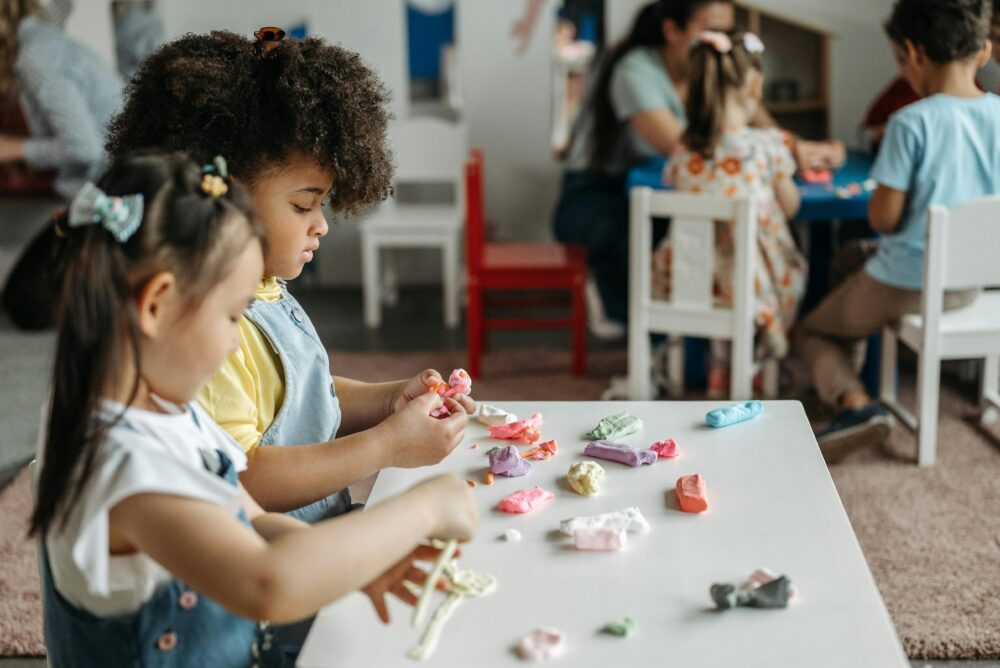3-K Cannot Be “For All” While Preschoolers with Disabilities Go Without Needed Classes
Advocates for Children of New York (AFC) issued the following response to Mayor de Blasio’s announcement that New York City plans to use federal COVID-19 education relief funding to expand 3-K citywide.

While AFC has strongly supported this Administration’s commitment to expanding access to early childhood education, 3-K and Pre-K will not be universal until the City addresses the continuing shortage of seats in preschool special education classes—a shortage that has left young children with disabilities sitting at home or in settings that cannot provide the support they need, in violation of their legal rights.
Data released by the Department of Education (DOE) just last week confirmed what we have been seeing on the ground for months: even this spring—in a year when the pandemic has led to a steep decline in preschool special education enrollment—the City has a shortfall of hundreds of seats in 6- and 8-student classes, which serve preschoolers with the most significant needs. We have heard from families desperate for help because their children with autism or other complex disabilities were going without appropriate services because there were no available seats in the type of class they needed. Yet, the Mayor’s announcement today will do nothing to help these children.
“3-K and Pre-K will never be ‘for all’ while preschoolers with disabilities are sitting at home without the classes they need,” said Kim Sweet, AFC’s Executive Director. “Announcing a major expansion of 3-K with no plan to provide legally required classes to preschoolers with disabilities is a slap in the face to parents whose children need additional help—and is a violation of children’s civil rights.”
The demand for preschool special education classes will likely only increase in the coming months, as children with disabilities who missed out on months of services during the pandemic are identified as needing more intensive intervention. Prior to the pandemic, the City had projected a shortage of 1,000-2,000 preschool special class seats with a disproportionate need in the Bronx.
“Failing to provide a preschool special education class seat for every child who needs one is shortsighted and discriminatory, in addition to illegal,” said Kim Sweet. “A child’s early years provide the greatest opportunity for intervention. We urge the City to address the shortage of special class seats and ensure that the Mayor’s legacy includes a seat for every preschooler in New York City, including those with disabilities.”


